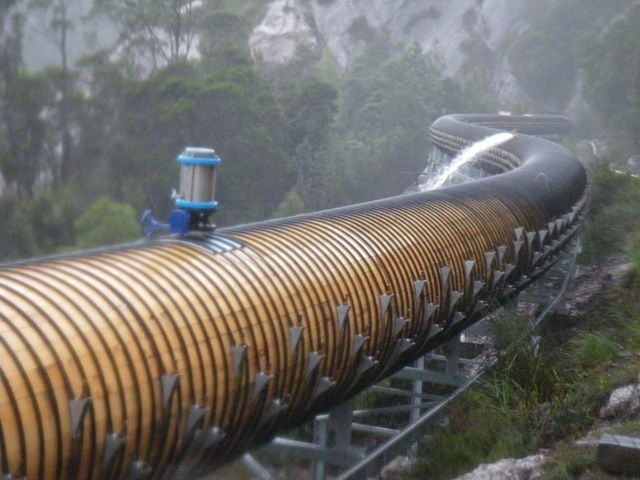When designing and building pipelines from scratch or making vital adjustments or repairs, a lot of emphases is placed on the pipes themselves and their fittings. More specifically, the compatibility, pressure and temperature of the material and fitting used in piping. Valves are generally considered to last and often an afterthought after more pressing matters have been dealt with.
The problem is that valves are more critical than many people give them credit. Why do we say that? In the following post, we will highlight several reasons valves are essential components of any piping system.
What Are Valves in Pipelines?
First things first, let’s go over the basics about what valves are. Valves used in pipelines have a lot of similarities to valves used in other things. They are devices that are there to regulate the flow of a fluid or gas either by closing, opening or obstructing passageways partially. Although they are often categorised as fittings, due to their importance, they are discussed separately.
The Role of Valves in Pipelines
Now that we have clarified what valves are to understand why they are so important, we need to look at their purpose or roles in pipelines.
- Control water cooling rates in cooling lines so that the temperature can be regulated
- Manage the speed and intensity of concentrated bases or acids flow through a pipeline.
- Redirect the flow from one pipeline into another pipeline – using a three-way valve
- Restrict the flow of fluids or gases, or other substances to ensure the piping system is balanced
- Reduce and even prevent the chance of reverse flow of fluids, gases or other substances through check valves in a specific pipeline or complete piping system.
- Stop the flow of fluids or gases automatically when there is a system failure
Why Valves are So Important
It may sound surprising after reading the above and appreciating just how much of a huge role valves play in ensuring pipelines and piping systems are safe and running smoothly and efficiently that they are not discussed much in the planning of piping.
One reason this may be the case, though, is that valves are less expensive compared to other components and parts. However, when you properly evaluate the different options when choosing valves, you can create a more cost-effective, reliable, and efficient pipeline and piping system.
How Pipeline Valves Impact Reliability, Cost and Efficiency of a System
There is a common misconception that valves are the weakest points of pipelines and piping systems. The truth is that this is often not the case, and depending on the choice of valve, pipe and fitting material and the method of joining used to hold it all together, valves can be as strong and resilient as other parts and components.
Rather than just being small and insignificant parts of any piping system, valves are vital for ensuring the whole system holds together and works properly.

